In a significant move that could redefine the future of broadcasting in the UK, the government is poised to reassess the funding model of the BBC.
The traditional TV Licence fee, a long-standing pillar of the BBC’s financial structure, is now under intense scrutiny, with a potential shift towards a subscription-based model on the horizon.
This upcoming review, as reported by The Times, is a response to growing concerns about the sustainability of the licence fee model amidst the rapidly evolving media landscape.
The government’s consideration of a subscription-based system signals a potential sea change in how the BBC operates and how viewers engage with its content.
In the past, the BBC has already estimated the theoretical cost of a subscription model, and the figure might surprise you (see more on that below).
Understanding The TV Licence Fee
The TV Licence fee, a mandatory annual charge for all UK households, businesses, and organisations, is the primary source of funding for the BBC.
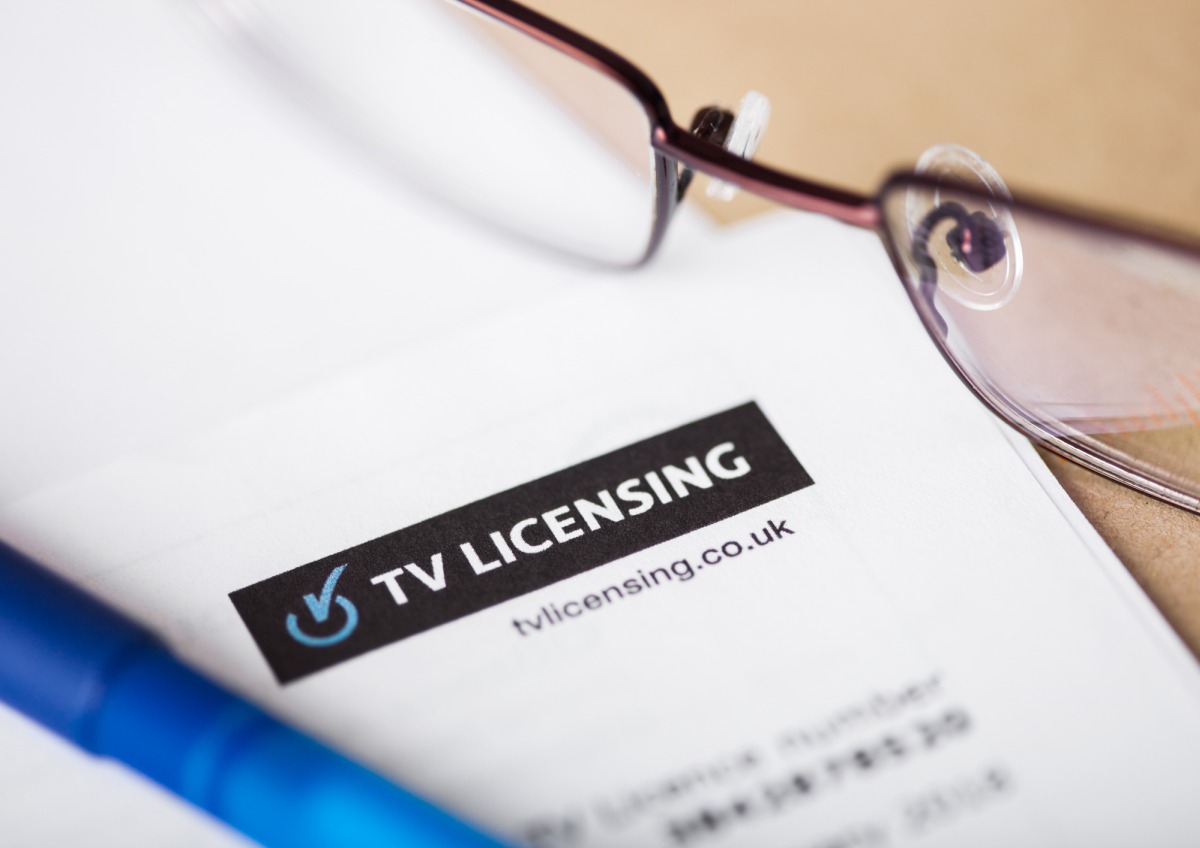
Currently standing at £159 per year (having been frozen for two years), the fee is required by anyone watching or recording live TV broadcasts, any BBC content, or BBC iPlayer, regardless of the device or method used.
This includes watching any live TV from any broadcaster, even international ones. If you only watch on-demand content such as Netflix, Disney+ or ITVX (except for iPlayer) – you don’t need a TV Licence (see our full guide on who needs to pay the TV Licence fee).
The revenue generated from this fee is crucial for the BBC, enabling it to deliver a wide range of TV, radio, and online services.
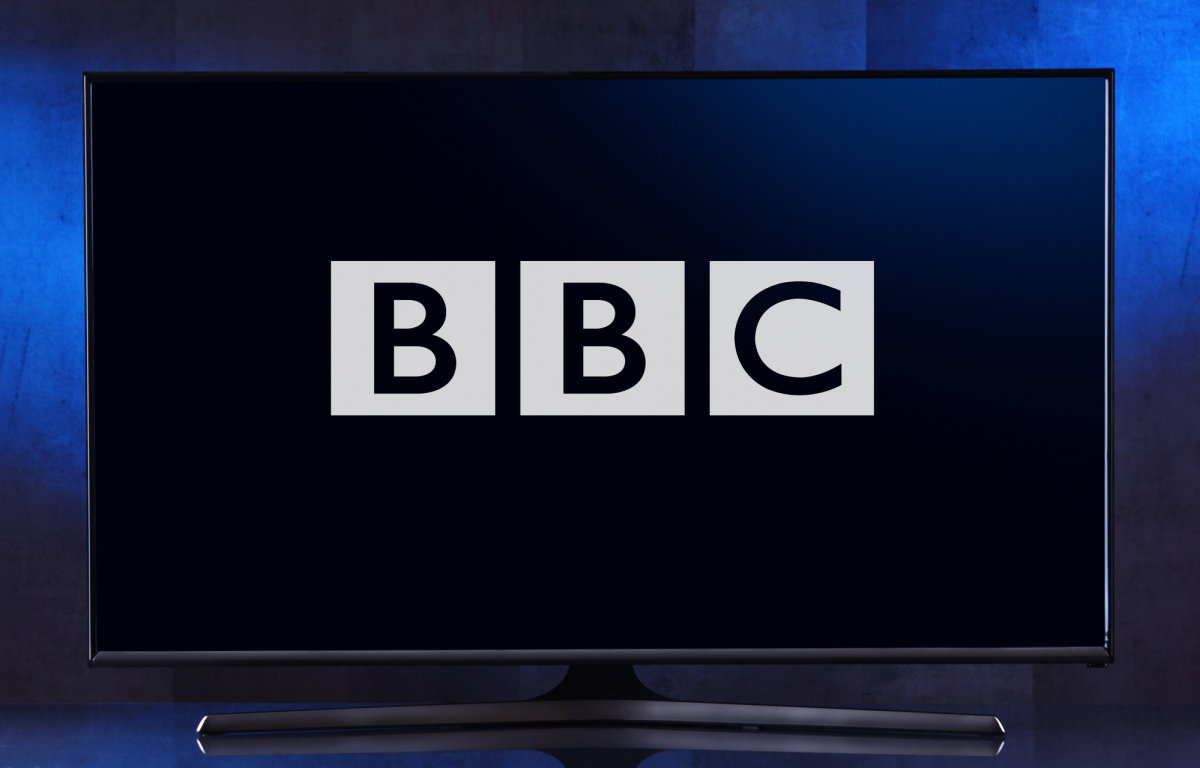
However, the TV Licence fee has been a subject of debate and controversy.
Critics argue that in a world where on-demand streaming services like Netflix and Disney+ are becoming household staples, the relevance and fairness of the mandatory annual fee are under intense scrutiny.
The rise in TV Licence fee evasion rates, hitting their highest point since 1995, further highlights the growing resistance against the fee.
Licence Fee Evasion And Potential Decriminalisation
The issue of TV Licence fee evasion and its associated criminal penalties has been a long-standing topic of debate.

As we previously reported, Culture Secretary Lucy Frazer has indicated the government’s intent to reconsider the current penalties.
The government is considering whether the existing penalty system for TV licence evasion, which can lead to fines of up to £1,000 or even jail time in rare cases, is appropriate in a modern public service broadcasting system.
Back in June, In the House of Commons, Stephen Metcalfe, MP for South Basildon and East Thurrock, also highlighted the gender disparity in prosecutions for TV licence evasion, with 18% of all female criminal prosecutions in 2021 being for non-possession of a TV licence.
In response, Ms Frazer indicated that a change might be on the horizon, stating, “I am concerned that criminal sanction for TV licence evasion is increasingly disproportionate and unfair in a modern public service broadcasting system.”
This potential shift in policy could have far-reaching implications for the enforcement of the TV Licence fee.
Goodbye, TV Licence Fee – Hello BBC Subscription?
According to The Times, the government is now considering a shift from the current TV Licence fee model to a subscription-based system.
This potential change comes as part of a broader review of the sustainability of the BBC’s funding model, which is expected to be formally announced in the autumn.
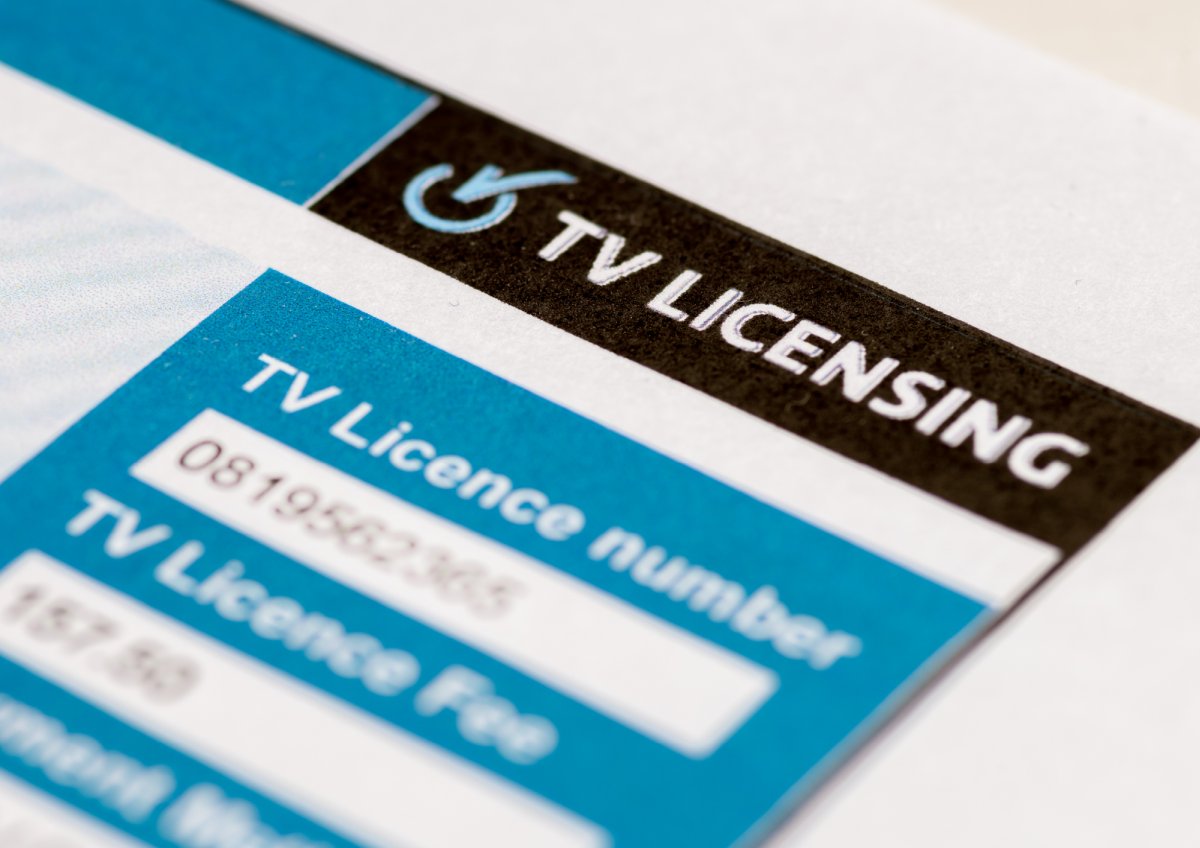
The review comes in response to growing concerns about the sustainability of the licence fee model.
The BBC’s annual report, published earlier this month, revealed a decline in the number of individuals opting to buy a licence fee, falling by 500,000 to 24.3 million.
This decrease was attributed to growing competition from streaming services and the cost of living crisis, leading to a slip in Licence fee income to £3.74 billion from £3.8 billion.
The government source quoted by The Times highlighted the evidence of a growing unwillingness to pay the licence fee, stating that the licence fee model is becoming unsustainable.
This sentiment reflects the increasing pressure the BBC is facing to adapt to the changing media landscape and viewer habits.
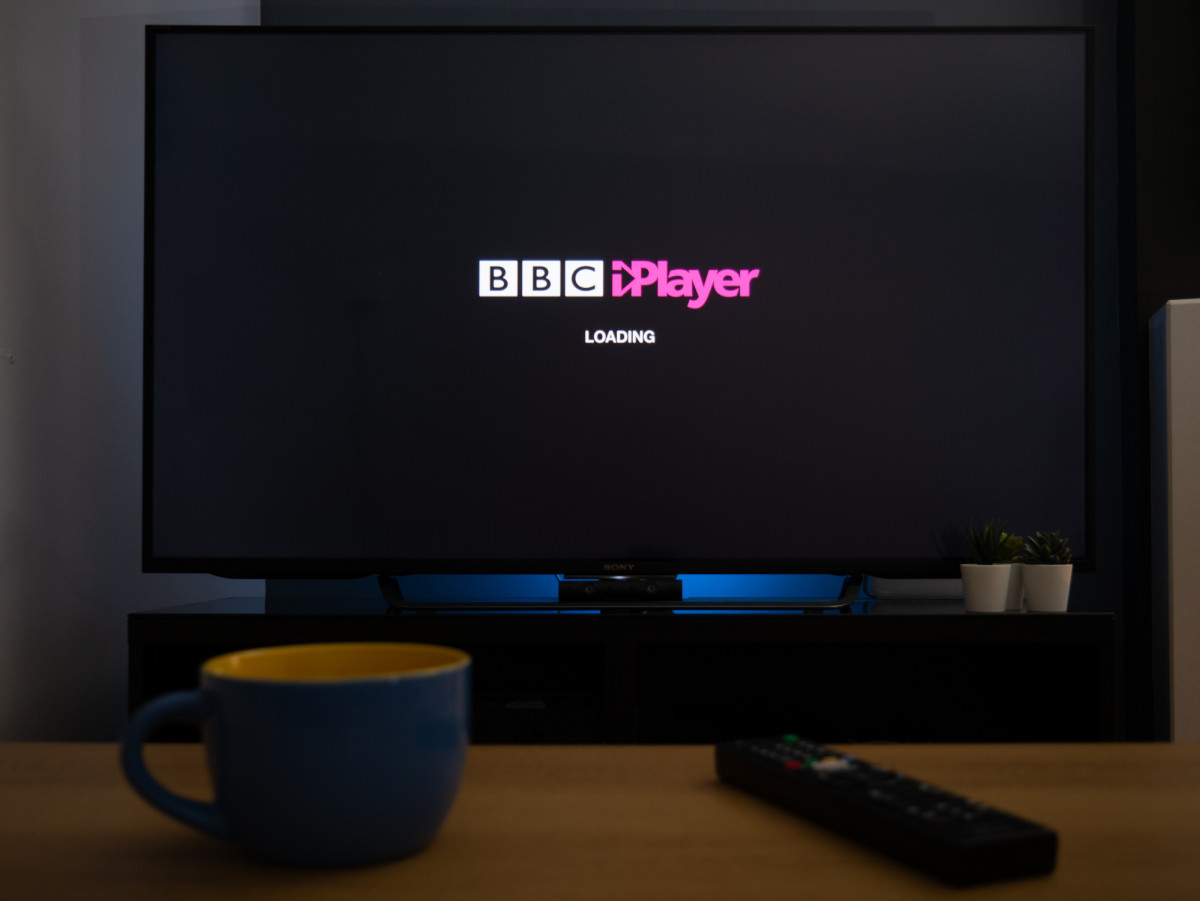
The upcoming review will consider a range of alternatives to the current funding model.
One of the primary options is a subscription model, where viewers would pay a regular fee to access BBC content. This model is similar to the approach taken by streaming services like Netflix and Disney+.
Other alternatives being considered include a broadband levy, increased commercial activity, and advertising.
The broadband levy would involve adding a fee to household broadband bills, linking the BBC’s funding directly to an existing common household bill.

The increased commercial activity option could involve the BBC selling successful formats (something that’s already being done) or expanding its production arm, BBC Studios, which made £240 million in profit last year.
Even advertising, a funding model used by other broadcasters like ITV and Channel 4, is on the table. This would be a significant departure from the BBC’s current ad-free model, but it could provide a substantial revenue stream.
The Times’ sources suggest that the most likely outcome will be a “hybrid” model, combining elements of the licence fee with other funding methods.
This could involve maintaining a reduced mandatory licence fee alongside a subscription service for premium content, for example.
How Much Would A BBC Subscription Cost?
As we previously reported back in 2021, the BBC conducted a comprehensive analysis of its services’ value. This report explored the potential cost of a subscription model as an alternative to the current TV Licence fee.
The BBC’s analysis suggested that if one was to subscribe to the range of media the BBC currently offers, that subscription would end up costing £453 per year, or £37 per month.
This figure is of course significantly higher than the current TV Licence fee, which stands at £159 per year.
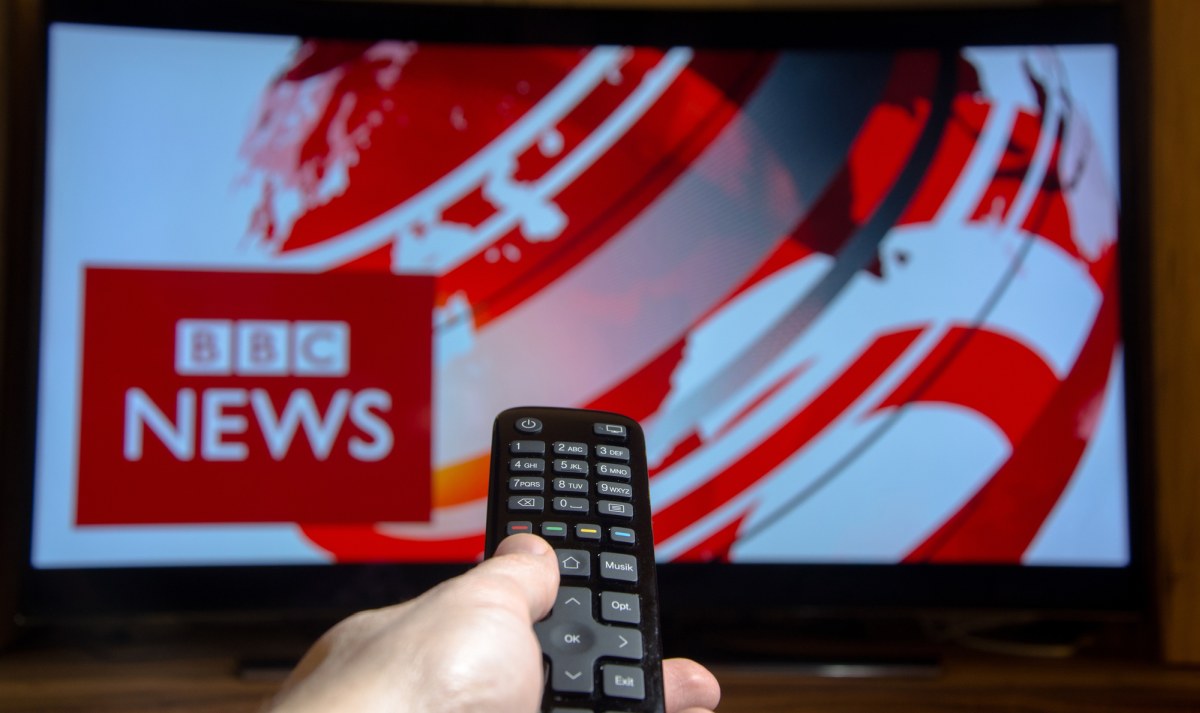
The calculation was based on the cost of providing advertising-free, high-quality services comparable to those currently delivered by the BBC across video, audio, and news.
The report also highlighted the value for money that the BBC provides compared to other market offerings.
It stated, “Each hour of BBC TV watched by a household costs it around 9p, on average. For an equivalent subscription video-on-demand service that is around 15p, and for an equivalent pay-TV service it starts at well over 50p per hour.”
However, the report also acknowledged the challenges of shifting to a subscription model. The BBC’s Director-General, Tim Davie, expressed concerns at the time that a subscription-based service might limit the BBC’s ability to serve wider groups of the population.
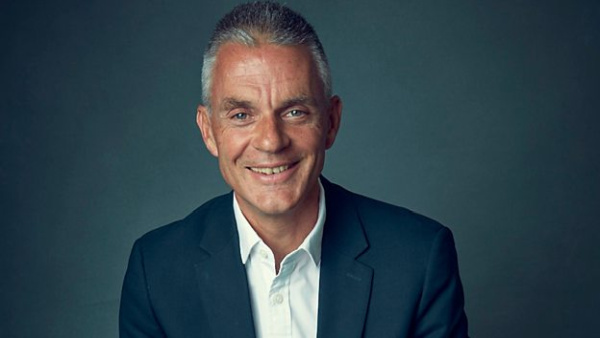
He argued that while a subscription model might make “a decent business” it could risk turning the BBC into “just another media company serving a specific group.”
The potential shift to a subscription model is a complex issue, with implications for the BBC’s public service mandate, its audience reach, and its financial sustainability.
As the government continues its review of the BBC’s funding model, the possibility of a subscription model will undoubtedly be a key point of discussion.
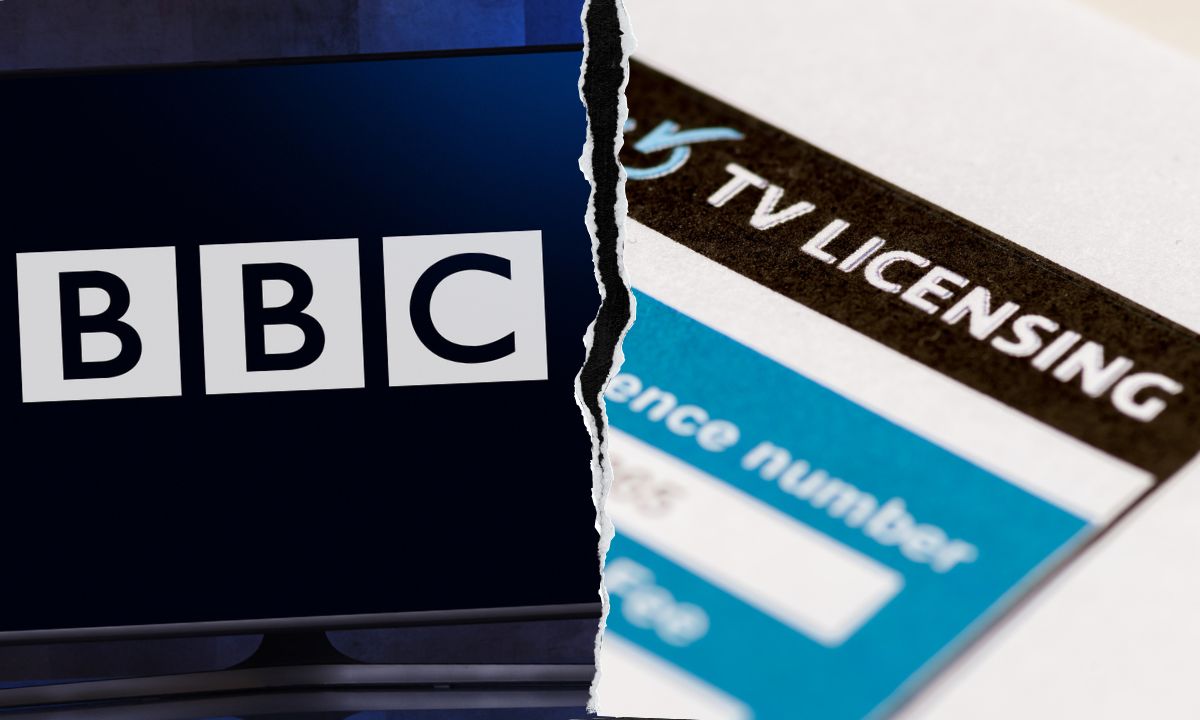
brok you pay the license fee so you USE your TV much like a fishing permit if you use another river bank you get another permit for that river just like another fee for prime or netflix on sky you get entertainment channels but extra for sport not so on the bbc.
David, I shouldn’t need a permit for their content if I never fish from their banks – That’s all I’m saying.
I don’t quite get the link to Prime and Netflix in your analogy – there is no requirement to have a bbc permit to watch any of their content?
I will stop paying my license fee as soon as my local radio station is reduced to A Regional service and with no local commercial services left the BBC is out of touch with what people want so maybe it should go completely
If anyone thinks that it’s a good idea to get rid of a license fee and go to subscription, think again! Disney, Apple, Netflix, Sky and Amazon Prime are all struggling to make the kind of huge profits that corporations require. Their response is to start advertising, reduce your streaming options, buy in lots of dubbed films or series, dumb down further AND put up prices. Additionally, some of them already screen BBC content previously seen on BBC channels. If you can only afford one subscription service then you would obviously miss out on a wealth of content from other providers. If you can afford them all you’ll be paying an awful lot of money. Essentially, what I’m saying is that you’ll end up regretting the streaming model as it will get increasingly expensive whilst not delivering services like news and current affairs. Think how the privatisation of water, gas and electricity has turned out.
In my house we not watch BBC l just watch Portuguese AK but i pay tv since 2005 that’s not fè
If the BBC is as good as claimed then they have nothing to fear from a subscription model.
I personally see zero value in their dreadful content and resent not being able to watch Sky / other live TV.
Time for BBC to stand on their own two feet, pay their presenters whatever they want, waste money to their hearts content.
I whole-heartedly support the current licence fee, so much good an innovative TV produced by the corporation. If they switched to a subscription model would the broadcast TV and radio channels be encrypted or stopped so those who do not pay can’t receive them. The independence in production values and minority programming are extremely important to preserve.
Remember privatisation and profit are not always the answer, as we are beginning to realise with the railway companies and lately the water industry.
Why do we pay twice for the BBC, Tax and License. I thought the BBC was state owned and huge chunk of tax paying money comes from the government.
Wy do you have to pay for a tv license to watch television from another country in the United Kingdom. The licence fee stays here not given to tv companies abroad.
I won’t be renewing my tv licence because of overpaid bbc presenters among other issues. I will just use catchup tv only.
I notice he glossed over the subscription bit quite quickly as he knows it would be the end of the BBC. I do not watch it or listen to their radio broadcasts, I do not want to fund them in any shape or form, they are not using my hard earned to pay the likes of the Linekers £1.3 million a year. So for me personally it’s subscription or nothing.
With the BBC’s lack of impartiality a very big problem to many people I think a subscription based funding of the BBC is a very good idea for the way forward for them to go. It might make them realise not everyone of their viewers are left wing supporting Liberals.
Why dont we have adverts on the BBC??? Spain has it on Tve1,Tve2,24Horas,Canal Deportes and their public chilteens channel. Think France, Germán and many more do. Lets not be prudish and just do what is necessary.
The whole reason why many people prefer watching BBC channels is the LACK of adverts, they’re so intrusive when you’re watching a programme.
If you don’t think that you are watching ads on the bbc then you are mistaken. Also why should I have to give the bbc moto watch other companies programmes? I don’t have to give Tesco money so that I can shop in the Coop.
Shop lifting is illegal, if you don’t want to give money to Tesco you won’t be able to get your weekly shop. As of present if you want to watch something on BBC Television at present you have to buy a tv licence, with a subscription service it upto you if you don’t want to watch the BBC tv,
This subscription service was already trial by the BBC on analogue terrestrial tv in the 90’s for Business and Eduction night time service for BBC Select and it also been successful for Sky Satellite.
“I don’t have to give Tesco money so that I can shop in the Coop.”
Let me simplify the statement for you:
Why do I have to pay the BBC just so I can watch Sky, ITV etc?